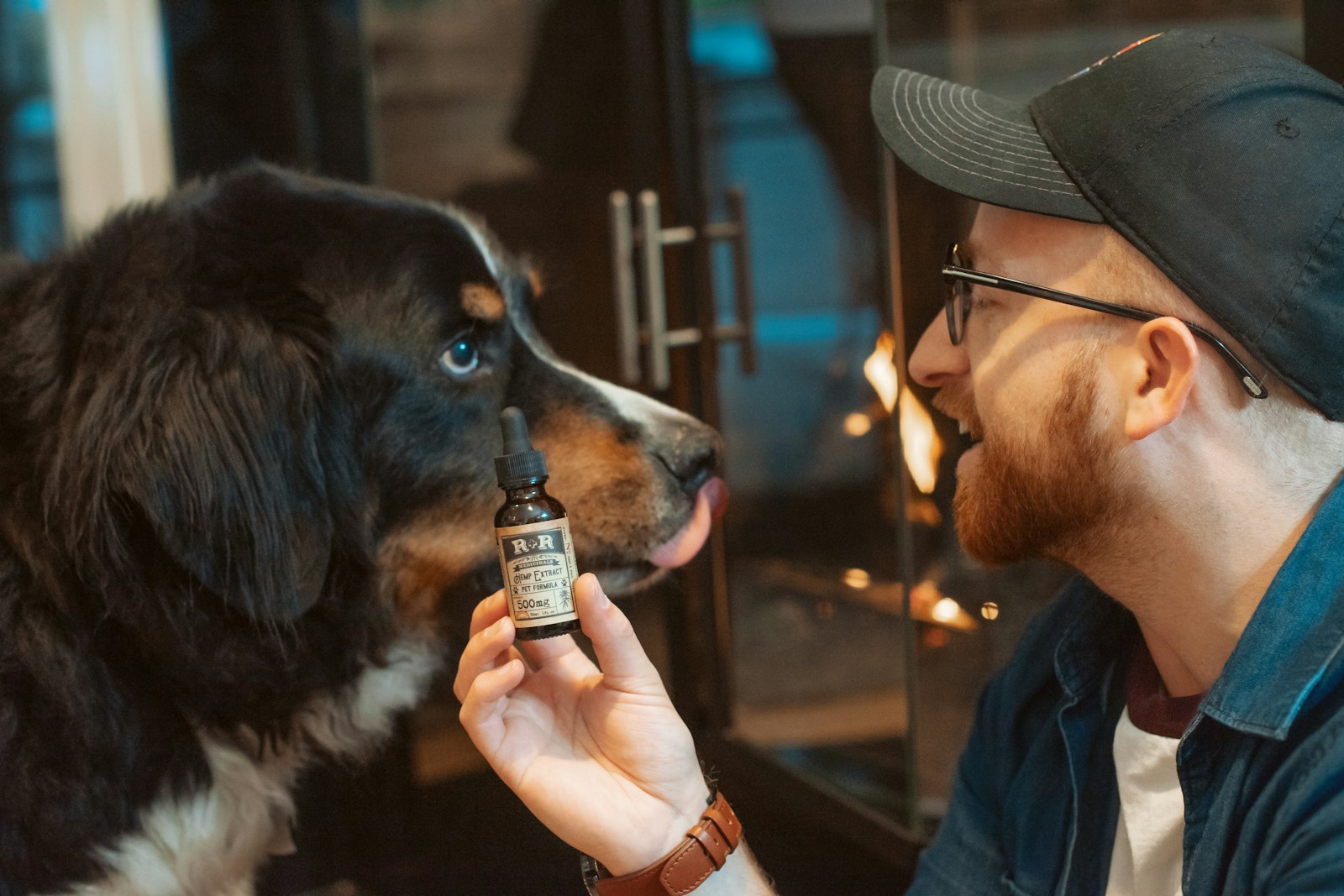Siberian Huskies are renowned for their striking appearance and resilient nature, traits that have endeared them to dog lovers worldwide. However, beneath their rugged exterior, these dogs can be susceptible to a range of health issues, notably autoimmune disorders. Autoimmune Disorders in Siberian Huskies is a critical topic for any Husky owner, as understanding these conditions can significantly impact the health and happiness of these beloved pets. This article aims to shed light on how to identify and manage autoimmune disorders, ensuring your Siberian Husky leads a healthy, fulfilling life.
Identifying Autoimmune Disorders in Siberian Huskies
Autoimmune disorders occur when the immune system mistakenly attacks the body’s own cells. In Siberian Huskies, these conditions can manifest in various forms, each with its own set of challenges.
Common Autoimmune Disorders
Two prevalent autoimmune disorders in Siberian Huskies are uveodermatologic syndrome and pemphigus foliaceus. Uveodermatologic syndrome targets pigmented cells in the skin and eyes, potentially leading to vision problems and skin depigmentation. Pemphigus foliaceus, on the other hand, causes crusty sores and lesions, primarily affecting the dog’s face, ears, and paws. Recognizing these disorders early can be crucial for effective management.
Signs and Symptoms
The symptoms of autoimmune disorders in Siberian Huskies can vary but often include visible skin lesions, hair loss, and eye issues such as redness or cloudiness. Owners may also notice more subtle signs, such as lethargy or a decrease in appetite, indicating something is amiss. Early detection is paramount, as it can lead to a more favorable outcome for the affected dog.
Diagnosis
Diagnosing autoimmune disorders involves a comprehensive evaluation by a veterinarian, including a thorough physical examination and specific diagnostic tests. These may include blood tests to assess the immune system’s activity and biopsies of affected tissues. Given the complexity of autoimmune diseases, a definitive diagnosis can sometimes be challenging to achieve, underscoring the importance of veterinary expertise in managing these conditions.
Managing Autoimmune Disorders in Siberian Huskies
Effective management of autoimmune disorders in Siberian Huskies requires a multifaceted approach, combining professional veterinary care with diligent home management.
Veterinary Care
Upon diagnosing an autoimmune disorder, your veterinarian will devise a treatment plan tailored to your Husky’s specific needs. Treatment often involves immunosuppressive medications to reduce the immune system’s activity and minimize damage to the body’s tissues. Corticosteroids are commonly prescribed, but due to their potential side effects, they must be used under strict veterinary supervision.
In addition to medication, your vet may recommend supportive treatments to address symptoms and improve your dog’s quality of life. For example, dogs with uveodermatologic syndrome may require eye drops to alleviate discomfort and prevent vision loss, while those with skin lesions might benefit from topical treatments to promote healing.
Home Care and Monitoring
As a Husky owner, you play a crucial role in managing your dog’s autoimmune disorder. Follow your veterinarian’s instructions closely, administering medications as prescribed and monitoring your dog for side effects or signs of improvement. Regular check-ups are essential to adjust the treatment plan as needed.
At home, you can take steps to support your dog’s health and comfort. For dogs with skin conditions, gentle grooming can help prevent infection. Protecting your Husky from excessive sun exposure is also important, as UV rays can exacerbate autoimmune symptoms. Additionally, maintaining a stress-free environment can help support your dog’s immune system.
Long-term Management
Living with an autoimmune disorder is a lifelong journey for a Siberian Husky. While some dogs achieve remission, ongoing management is often necessary to prevent relapses. This includes adhering to a consistent treatment regimen, monitoring for new symptoms, and making lifestyle adjustments to accommodate your dog’s health needs.
Regular veterinary visits are crucial for monitoring the condition and making any necessary adjustments to the treatment plan. With careful management, many Huskies with autoimmune disorders can enjoy a good quality of life.
Prevention and Genetic Considerations
While there’s no guaranteed way to prevent autoimmune disorders in Siberian Huskies, understanding the genetic component can help breeders make informed decisions. Prospective Husky owners should seek reputable breeders who test their breeding dogs for genetic health issues.
Environmental factors may also play a role in triggering autoimmune responses. While not all triggers can be avoided, minimizing stress and maintaining a healthy lifestyle can potentially reduce the risk.
Conclusion
Autoimmune disorders in Siberian Huskies present significant challenges, but with early detection, expert veterinary care, and dedicated home management, many dogs can lead happy, fulfilling lives. As a Husky owner, your awareness, vigilance, and commitment to your dog’s well-being are invaluable assets in navigating this complex health issue.
Remember, if you suspect your Siberian Husky may be showing signs of an autoimmune disorder, consult your veterinarian promptly. Together, you can develop a comprehensive plan to manage the condition and ensure your beloved companion enjoys the best possible quality of life.
FAQs on Autoimmune Disorders in Siberian Huskies
1. Are Huskies prone to autoimmune disease?
Yes, Siberian Huskies are prone to certain autoimmune diseases, including uveodermatologic syndrome, which affects the skin and eyes. This breed, along with Akitas, Samoyeds, and Australian Shepherds, is more frequently diagnosed with this condition, indicating a predisposition to autoimmune disorders.
2. What is the most common autoimmune disease in dogs?
The most common autoimmune disease in dogs is immune-mediated thrombocytopenia (ITP). It occurs when the immune system targets the body’s platelets, leading to widespread hemorrhage and bruising. This condition is part of a broader category of immune-mediated diseases that can affect dogs.
3. Can a dog recover from autoimmune disease?
The prognosis for dogs with systemic autoimmune disease varies widely. Some dogs may recover with appropriate treatment, which often includes immunosuppressive medications. However, the outcome can depend on the specific autoimmune disorder, its severity, and how early treatment is started. Unfortunately, some dogs may die from complications related to their autoimmune disease3.
4. What triggers autoimmune in dogs?
Autoimmune diseases in dogs can occur without a known cause, but several factors are thought to underlie most immune-mediated diseases. These include genetics, infections, cancer, drugs, and environmental influences such as chemicals, toxins, and possibly vaccinations. Ultraviolet light can also exacerbate certain autoimmune conditions.
5. How long can dogs live with autoimmune disease?
The lifespan of a dog with an autoimmune disease can vary significantly based on the type of disease, its severity, and how well it responds to treatment. For example, dogs with Immune Mediated Hemolytic Anemia (IMHA) have a variable prognosis, with a mortality rate of 30% to 70% within 1-2 months of diagnosis. However, with effective management and treatment, some dogs can live for many years with a good quality of life






